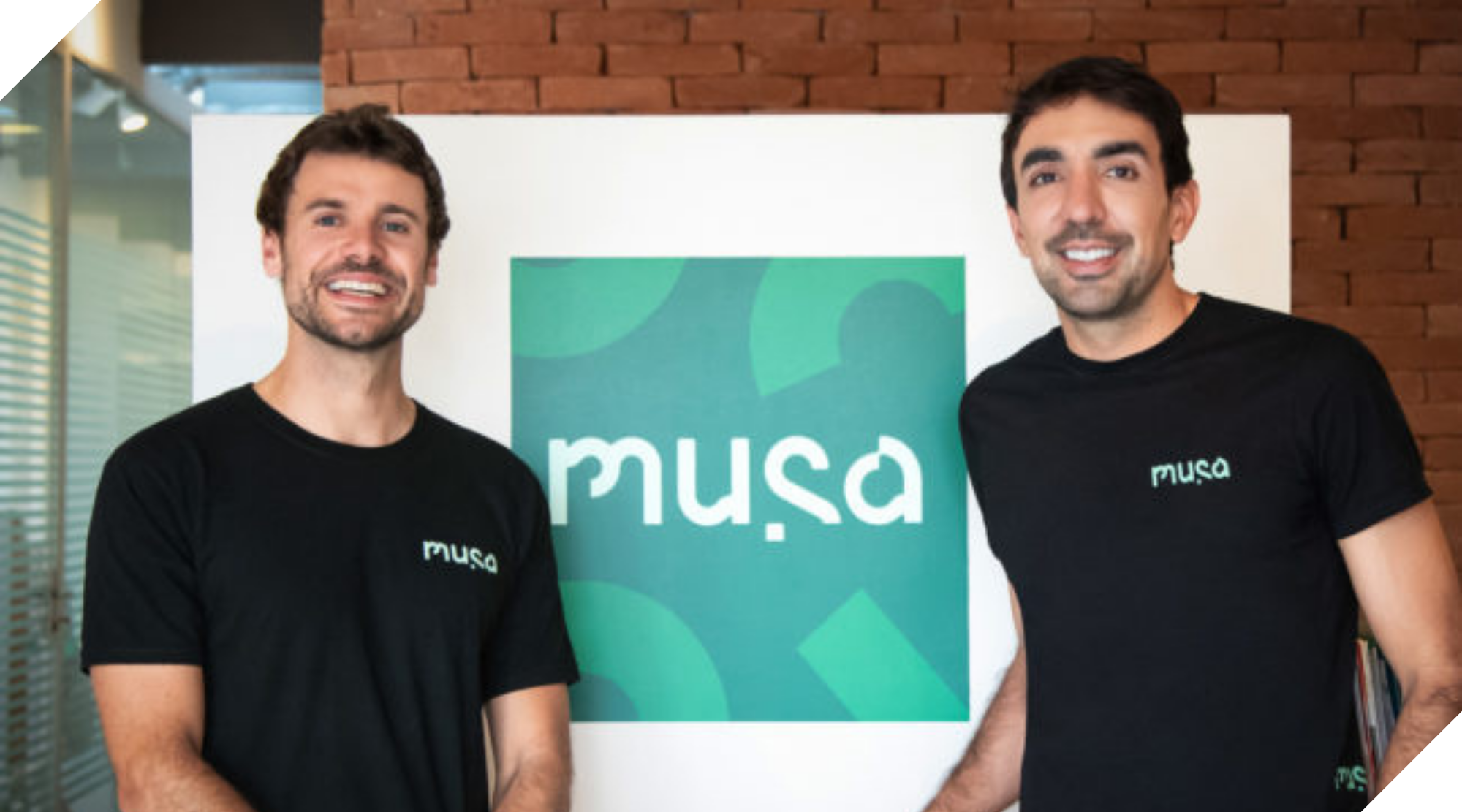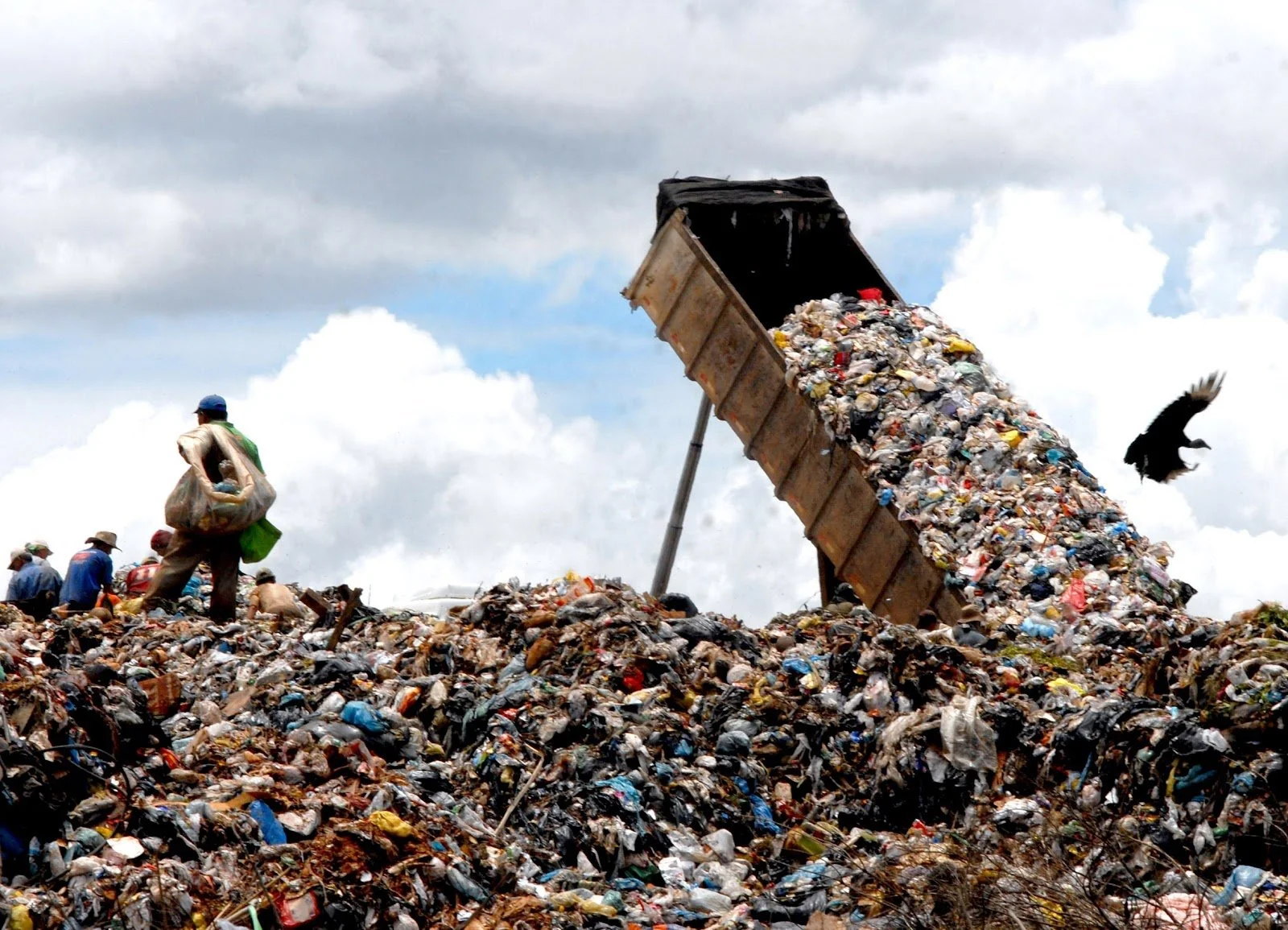Talking Trash
April 2022
When we think of the environmental crisis in Brazil, our thoughts often focus on deforestation in the Amazon. What is less known is the devastating waste pollution that is crippling Brazil’s coastline and contributing to 5% of the nation’s greenhouse gas emissions.
With dumpsites and sanitary landfills being pushed to their limits, Martin Junck and Fabrício Guimarães knew it was time to fundamentally change the industry
Brazil is the fourth-largest producer of plastic waste in the world, generating over 11.4 million tons each year. More than 97% of this waste ends up in nature, a dump site, or a sanitary landfill. Only 3% is reused or recycled. And 325,000 tons of it finds its way into the ocean.
Musa founders Martin Junck and Fabrício Guimarães could see the impending environmental and logistical chaos in São Paulo. With dump sites and sanitary landfills being pushed to their limits and unable to expand due to regulatory crackdowns, they knew it was time to fundamentally change the industry. Musa’s goal is to build a new supply chain based on trash, disrupting the $32 billion market and reusing 100% of all waste collected. By segregating waste into three groups, arranging for specialized hauling, and optimizing the disposable assets, they’re able to generate energy, provide raw material for recycling and produce natural fertilizer.
This technology and ecological focus is unprecedented in the Latin American landfill space. Since its inception in 2019, Musa has collected thousands of tons of waste and prevented 3.4 million kg of CO₂ emissions.
Musa’s goal is to build a new supply chain based on trash, disrupting the $32 billion market and reusing 100% of all waste collected
Musa’s model drives revenue, differentiates them from traditional players and, ultimately, inspires clients to be more mindful of their climate footprint. Musa’s technology provides customers with insights into the impact their garbage produces. Some of their largest clients have joined tours to better understand the landfill ecosystem and learn how Musa’s system redefines trash.
Musa’s impact transcends their core business model. The founders feel deeply about second chances and have partnered with Instituto Responsa to employ ex-prisoners reentering society to support trash transportation and sorting operations. “It has been a game-changer for our company culture,” says Musa CFO Emmanuel Caroit. “It’s had an overall positive influence. All of our employees feel engaged and are even more connected to our company values.”
Looking to the year ahead, Musa plans to expand to two additional cities in Brazil, building a playbook for other LatAm regions. While their business is self-sustainable, they see a supportive trend toward climate awareness and action in Brazil, which will only further propel them in their mission to redefine waste.





